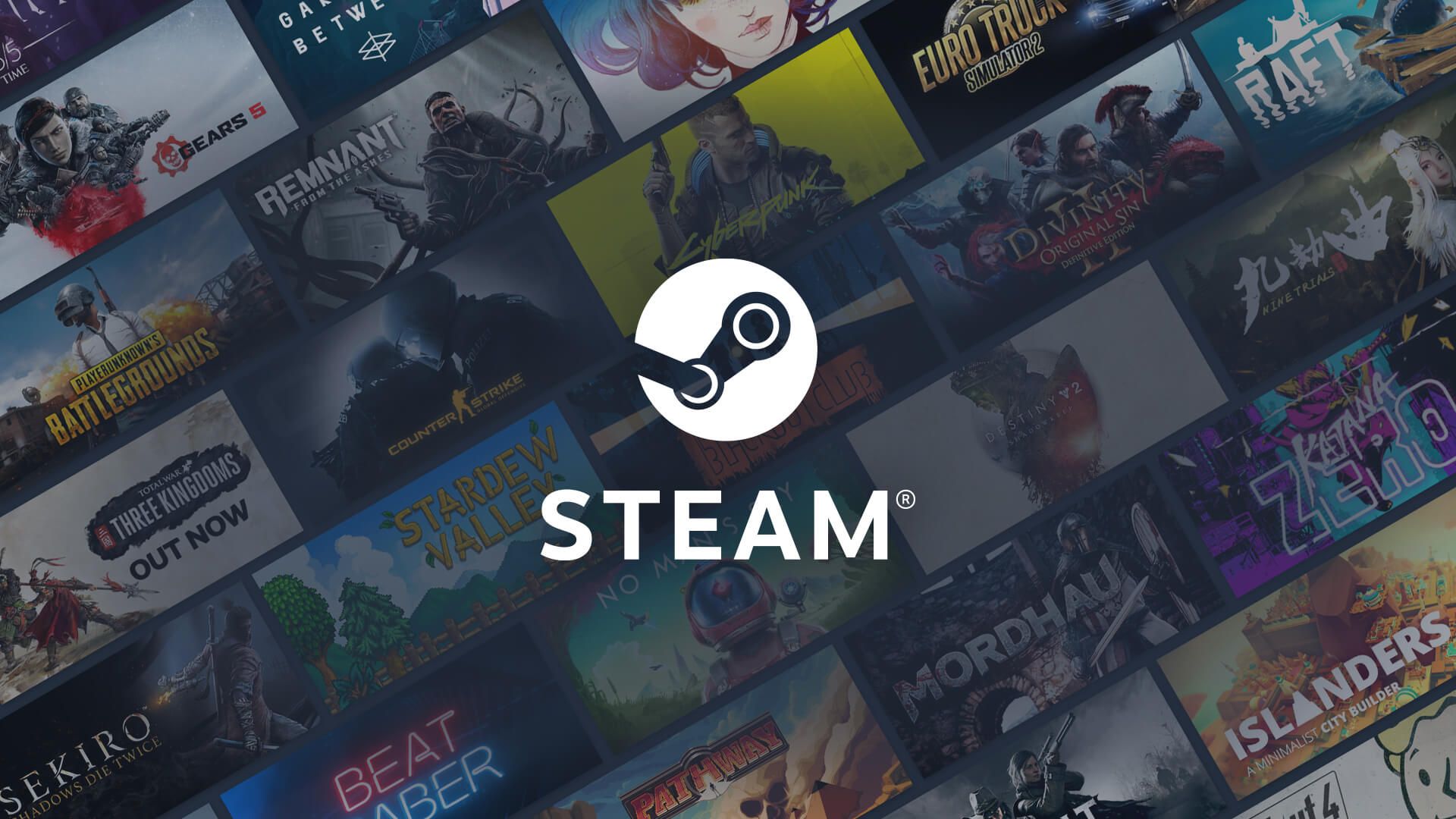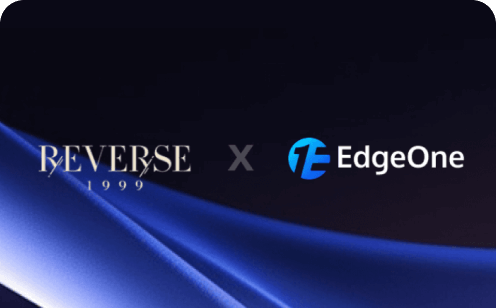Best Game Platforms for AAA Games: A Comprehensive Comparison
The gaming world has been abuzz with the explosive popularity of "Black Myth: Wukong," a game that has captured the imagination of players globally. Based on the classic Chinese novel "Journey to the West," this action-RPG promises stunning graphics and engaging gameplay. But behind its meteoric rise lies an essential cog in the gaming industry: the game distribution platform Steam.
As one of the most prominent digital marketplaces for PC gaming, Steam has played an instrumental role in bringing "Black Myth: Wukong" to the global stage. Steam is one of the most popular digital distribution platforms for PC gaming. It offers a vast library of games including indie titles and high-budget productions known as AAA games or 3A games.

What are AAA Games?
AAA games, often referred to as triple-A or 3A games, are titles with the highest development budgets and levels of promotion. These games are typically produced and distributed by major publishers and are expected to be of the highest quality in terms of graphics, gameplay, and overall experience. Black Myth: Wukong, despite being developed by a relatively small studio, has been lauded for its AAA-quality visuals and gameplay.
It's challenging to definitively state which game was the "first" AAA game in the world, as the term "AAA" (triple-A) didn't exist when video games first emerged. The concept of AAA games evolved gradually as the video game industry grew in complexity, budget, and scope.
However, we can identify some early games that would likely be considered AAA by today's standards, based on their production values, budgets, and impact:
1. Super Mario 64 (1996) - This Nintendo 64 game was groundbreaking in its 3D graphics and gameplay, and had a significant budget and marketing push behind it.
2. Final Fantasy VII (1997) - This PlayStation game had an enormous budget for its time, high-quality graphics, and a massive marketing campaign.
3. Metal Gear Solid (1998) - Another PlayStation game that pushed the boundaries of storytelling and production values in gaming.
4. Shenmue (1999) - This Dreamcast game was notable for its then-unprecedented $47 million budget and ambitious scope.
These games represent some of the earliest examples of what we might now call AAA games. The term itself became more commonly used in the early 2000s as development budgets continued to increase and the distinction between high-budget and lower-budget games became more pronounced.
It's worth noting that the concept of AAA games is somewhat fluid and has evolved over time. What was considered AAA in the late 1990s or early 2000s might not meet the same standards today, as expectations for graphics, gameplay, and overall production values have increased dramatically.
The 8 Best Game Platforms
When it comes to distributing AAA and other high-quality games, several platforms compete for both developers' and gamers' attention. Let's compare some of the best game platforms:
1. Steam

Steam is a digital distribution platform developed by Valve Corporation. Launched in 2003, it has become the largest digital marketplace for PC games, offering a vast library of titles, community features, and regular sales.
2. Epic Games Store
Launched in 2018 by Epic Games, the Epic Games Store is a digital marketplace for PC games. It's known for offering free games regularly and taking a smaller revenue cut from developers compared to other platforms.
3. GOG (Good Old Games)
GOG is a digital distribution platform owned by CD Projekt. It specializes in DRM-free games and has a focus on older titles and indie games. GOG is known for its consumer-friendly practices and preservation of classic games.
4. EA App
EA app (formerly Origin, now replaced by EA app) is Electronic Arts' digital distribution platform. It primarily features EA's own games and some third-party titles. EA app offers features like game trials and a subscription service called EA Play.
5. Battle.net
Battle.net is Blizzard Entertainment's gaming platform. It hosts Blizzard's popular titles such as World of Warcraft, Overwatch, and Diablo, as well as some Activision games.
6. PlayStation Store
The PlayStation Store is Sony's digital marketplace for PlayStation consoles. It offers games, DLC, and media content for PlayStation systems, along with the PlayStation Plus subscription service.
7. Microsoft Store (Xbox)
The Microsoft Store for Xbox is the digital marketplace for Xbox consoles and Windows PCs. It offers games, apps, and media content, along with the Xbox Game Pass subscription service.
8. Ubisoft Connect
Formerly known as Uplay, Ubisoft Connect is Ubisoft's digital distribution platform. It offers Ubisoft's games and some third-party titles, along with social features and rewards programs.
Each platform has its unique strengths and weaknesses, catering to different aspects of the gaming experience and various user preferences.
| Platform | Pros | Cons |
| Steam |
|
|
| Epic Games Store |
|
|
| GOG (Good Old Games) |
|
|
| EA App |
|
|
| Battle.net |
|
|
| PlayStation Store |
|
|
| Microsoft Store (Xbox) |
|
|
| Ubisoft Connect |
|
|
Challenges and Solutions
The unprecedented popularity of "Black Myth: Wukong" has brought into sharp focus the critical importance of seamless game distribution and uninterrupted online experiences. As anticipation builds and player numbers surge, particularly on release day, the gaming industry faces significant challenges in managing high demand, potentially leading to sluggish download speeds and server overload.
Enter Content Delivery Network (CDN) acceleration, a game-changing technology that addresses these challenges head-on. CDNs operate on a sophisticated principle: strategically distributing game content across a global network of servers. This decentralized approach significantly reduces latency by storing data closer to players' geographical locations, effectively bridging the gap between game servers and end-users.
As gaming platforms gain popularity, they become increasingly vulnerable to Distributed Denial of Service (DDoS) attacks. These malicious assaults can overwhelm a platform's servers with a flood of traffic, resulting in widespread outages and disrupting the gaming experience for millions of users worldwide.
The recent release of the highly anticipated "Black Myth: Wukong" on Steam highlighted this vulnerability. The platform fell victim to an unprecedented, large-scale DDoS attack, which had far-reaching consequences. Gamers across multiple countries found themselves unable to log in and access the game, turning what should have been an exciting launch into a frustrating experience for many.
This incident serves as a stark reminder of the challenges facing major gaming platforms in today's digital landscape. It underscores the critical need for robust security measures and scalable infrastructure to protect against such attacks and ensure seamless gaming experiences, especially during high-profile game releases.
EdgeOne offers a robust gaming solution to counteract such threats, providing advanced DDoS protection tailored to the gaming industry’s specific needs. EdgeOne's offerings include:
- Real-time Monitoring: Keeps continuous surveillance over network traffic to identify unusual activity.
- Instant Mitigation: Quickly activates automatic traffic cleanup mechanisms to thwart attacks.
- Advanced Algorithms: Uses AI-powered detection to distinguish between legitimate and malicious traffic accurately.
- Global Reach: Ensures consistent performance and protection across various regions.
By implementing such comprehensive solutions, gaming companies can assure smooth and secure environments for their user base. EdgeOne’s holistic gaming solutions not only guard against DDoS attacks but also optimize game delivery through efficient CDN services.
Conclusion
In conclusion, the success of "Black Myth: Wukong" on prominent platforms such as Steam highlights the critical role of robust infrastructure and security measures in the gaming sector. As the sector continues to evolve, the synergy between top-tier game distribution platforms and state-of-the-art protective measures becomes increasingly vital. This powerful combination not only enhances the gaming experience, making it more seamless and enjoyable, but also fortifies it against the ever-present threat of cyber attacks. By prioritizing these elements, the gaming industry can ensure that players worldwide can immerse themselves in their favorite titles without interruption, fostering a thriving and secure gaming ecosystem for developers and enthusiasts alike.
FAQs
1. What makes a game "AAA"?
AAA games are typically high-budget titles developed by major studios with extensive marketing campaigns and high production values.
2. Why is Steam the most popular game distribution platform?
Steam's large user base, extensive game library, and community features contribute to its popularity among gamers.
3. How do CDNs help with game downloads?
CDNs distribute game files across multiple servers, reducing download times and improving the overall user experience.
4. What are the main differences between Steam and Epic Games Store?
The main differences include the size of their game libraries, revenue share models for developers, and exclusive titles offered.
5. How can platforms protect themselves against DDoS attacks?
Platforms can use specialized DDoS protection services, implement traffic filtering, and employ cloud-based mitigation techniques to defend against attacks.
Tencent EdgeOne is excited to announce our new free trial program. Experience our cutting-edge services firsthand by clicking here to start your complimentary trial. For more detailed information or personalized assistance, don't hesitate to reach out to our dedicated support team. Discover the EdgeOne advantage today!

